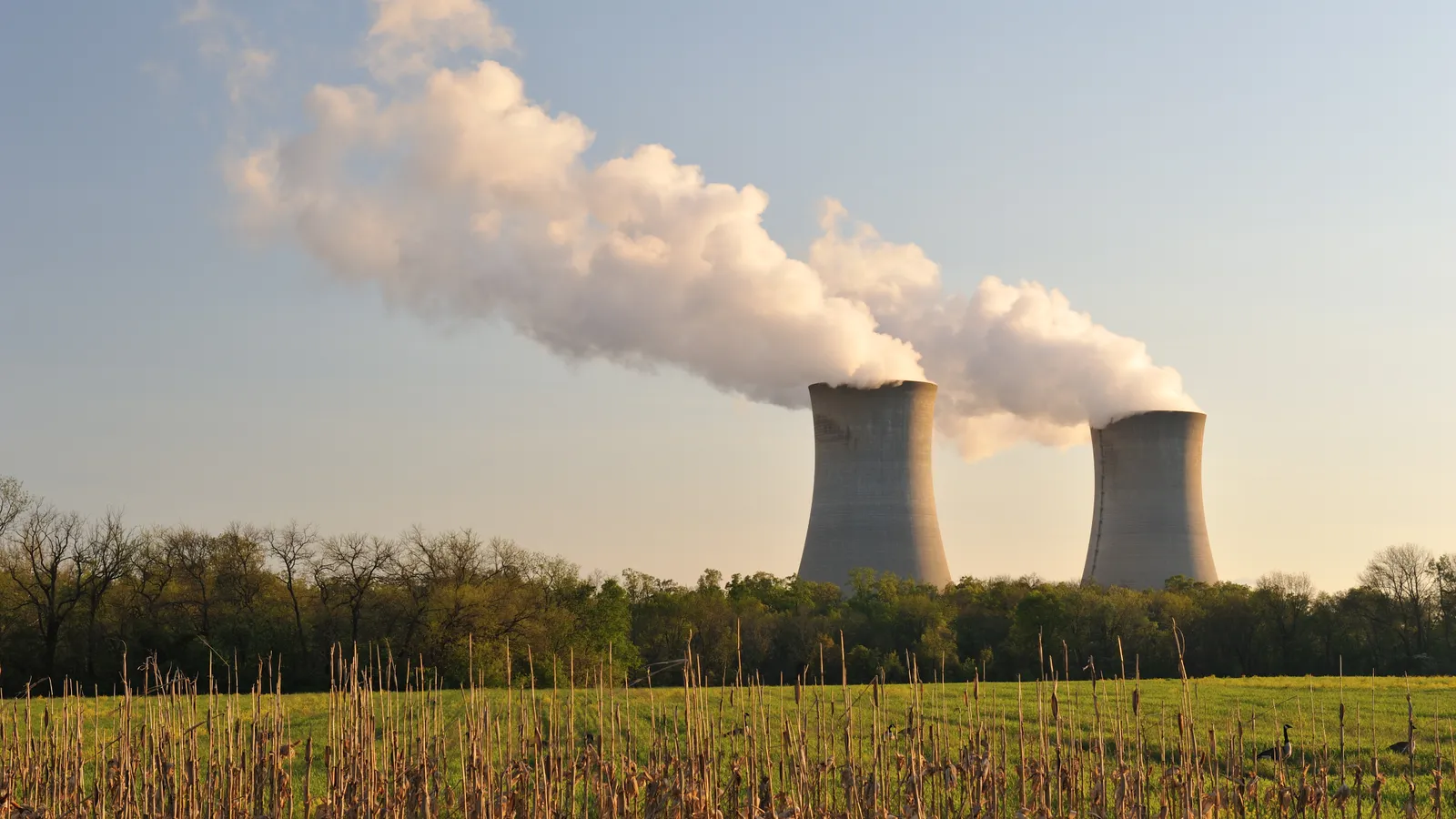The Department of Energy's (DOE) initiative to pilot advanced nuclear reactors represents a pivotal moment for the U.S. energy landscape, addressing the urgent need for reliable, low-carbon energy sources amid growing climate concerns. The success of even a single reactor in demonstrating safe commercial operation could catalyze a broader acceptance and integration of nuclear technology, which has faced skepticism due to historical safety incidents and regulatory hurdles. This pilot program not only aims to enhance energy security but also seeks to position the U.S. as a leader in innovative nuclear solutions, potentially reshaping the global energy market.
The implications of this initiative extend beyond mere energy production; it could redefine regulatory frameworks and investment strategies in the nuclear sector. By fostering collaboration between government entities and private industry, the DOE's pilot program could streamline the path to commercialization for small modular reactors (SMRs), which promise enhanced safety and efficiency. Key insights from this endeavor will likely inform future policies and technological advancements, ultimately influencing how the U.S. balances energy needs with environmental responsibilities.







